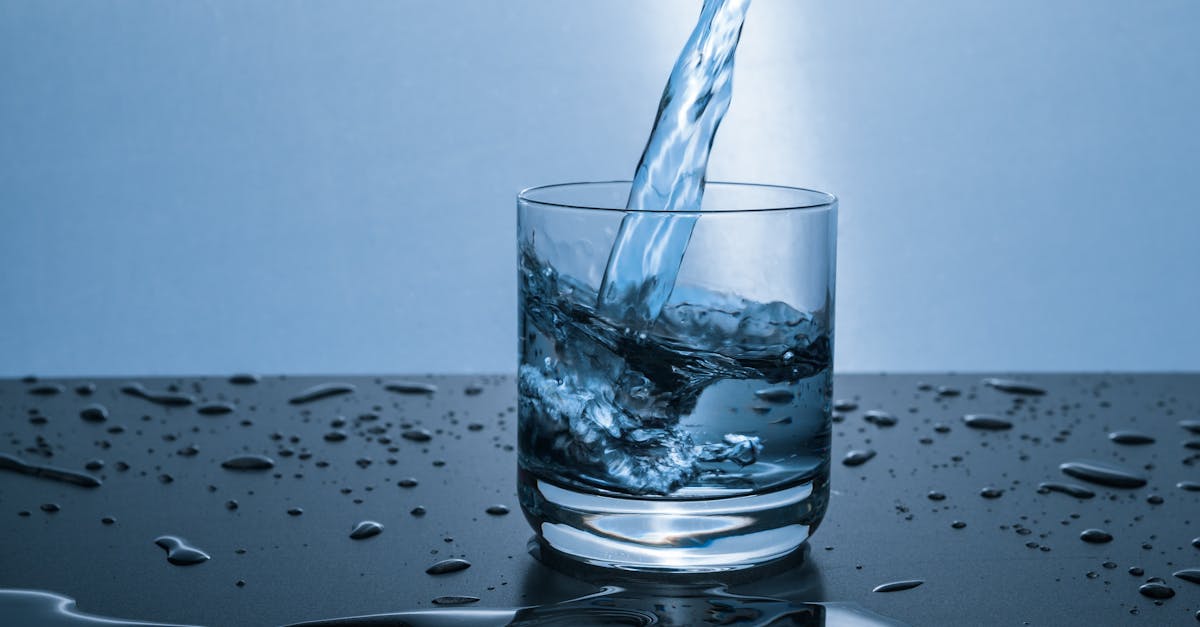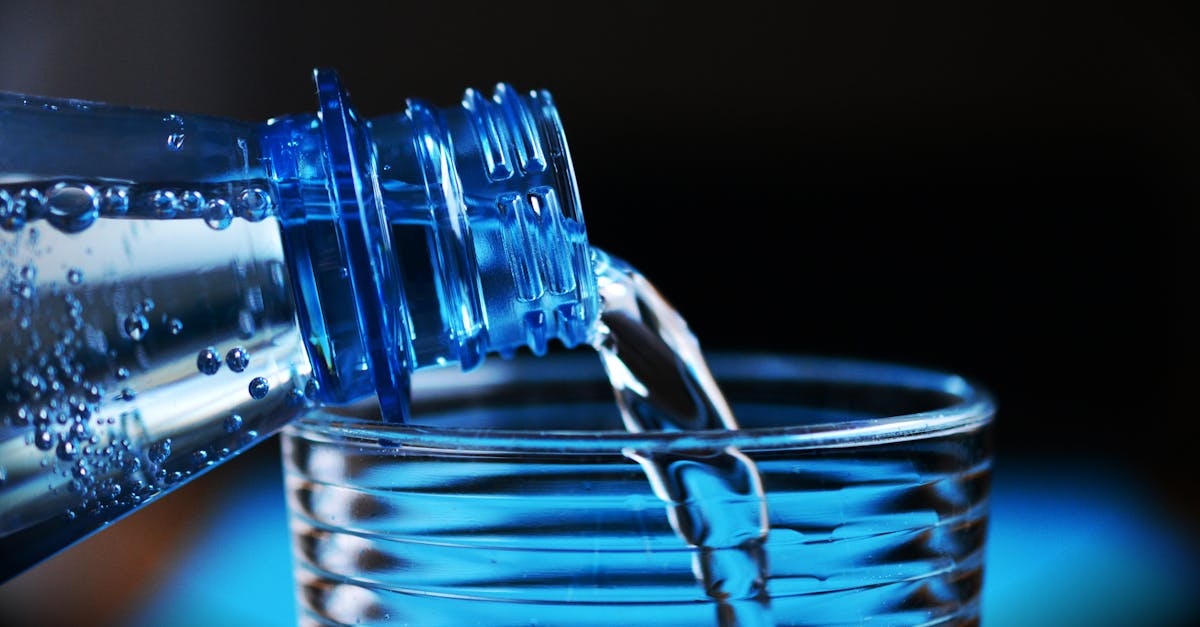The Importance of Hydration How Much Water Do You Need
Introduction
Water, the essence of life, plays an indispensable role in maintaining our health and well-being. As our body's most abundant component, staying hydrated is crucial to overall function. Understanding our daily water needs can help prevent dehydration and promote a healthier lifestyle.
Advertisement
The Role of Hydration
Hydration is a fundamental aspect of our daily lives, impacting every cell, tissue, and organ's function. Water aids in regulating body temperature, keeping joints lubricated, and transporting nutrients. Without proper hydration, our body's natural processes can falter, affecting both physical and mental health.
Advertisement
Daily Water Needs
How much water one needs can vary based on factors such as age, gender, activity level, and climate. A common recommendation is the "8x8" rule – eight 8-ounce glasses per day. However, this can change, and individuals should adjust their water intake according to their unique needs and cues.
Advertisement
Health Benefits of Water
Consuming adequate water has numerous health benefits, including improved digestion, increased energy levels, and enhanced skin health. Water also aids in weight management by promoting satiety and enhancing the body's ability to metabolize fat. Proper hydration enables our body to function optimally.
Advertisement
Signs of Dehydration
Dehydration occurs when the body's water content dips below the necessary threshold, leading to symptoms like dry skin, fatigue, and dizziness. Severe dehydration can lead to more critical issues like kidney stones or urinary tract infections. Recognizing these signs early can prompt timely intervention.
Advertisement
The Impacts of Dehydration
Chronic dehydration can impair cognitive functions, reducing focus and clarity. It can also adversely affect physical performance, leading to muscle cramps and decreased endurance during exercise. Identifying and remedying dehydration could significantly impact daily performance and long-term health.
Advertisement
Water Consumption Tips
Staying hydrated doesn't have to be a task; it can integrate seamlessly into your routine. Carrying a reusable water bottle, eating water-rich foods like fruits and vegetables, and setting hydration reminders are practical strategies. Listen to your body's thirst signals and drink accordingly.
Advertisement
Hydration and Health
Water isn't just about quenching thirst; it's integral to maintaining health. For those with medical conditions or those on medications, water plays a vital role in mitigating side effects and promoting recovery. Mindful water consumption supports overall health and well-being.
Advertisement
Measurement and Monitoring
Understanding your body's hydration status can be simplified using tech solutions like hydration apps or smart water bottles. Regular tracking can adapt habits to ensure adequate water consumption. Adjustments during activity or illness can further bolster hydration awareness.
Advertisement
Conclusion
Conclusively, hydration forms the bedrock of health, impacting every facet of our lives. Recognizing how much water you need individually ensures you reap the health benefits of water. Incorporating hydration tips into daily routines can stave off signs of dehydration, securing a healthier future.
Advertisement



